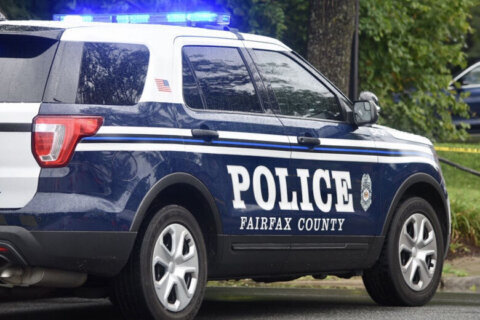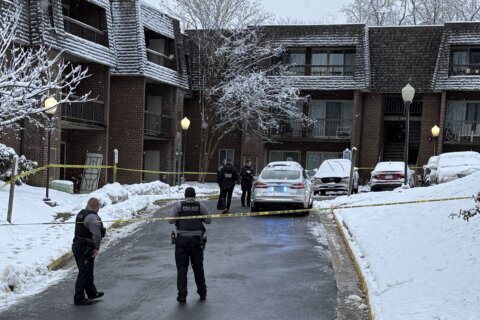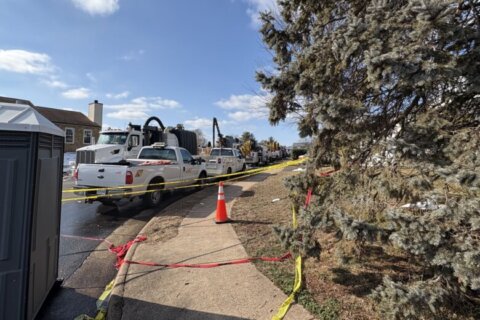As East Coast states face questions about fuel supplies related to the Colonial Pipeline ransomware attack, the D.C. area is making new moves away from fossil fuels and toward all-electric vehicles.
The latest example came Tuesday, when Fairfax County, Virginia, announced it’s using a state grant to buy nine all-electric vehicles.
Calling it a step toward a zero-emissions fleet, the pilot project involves four trash trucks, four Fairfax Connector buses, a box truck and electric charging stations. The exercise will help the county learn more about operating and maintaining such vehicles.
They join a few other local entities that are in the process of going all-electric.
Over in Montgomery County, Maryland, the school system is leading the nation with its plans to electrify the entire bus fleet by 2035.
“This is the biggest single school district project in the country to electrify their school bus fleet,” Chuck Bean, executive director of the Metropolitan Washington Council of Governments, informed the COG board last month.
“While it will begin small, the numbers will double in the next couple of years,” Bean said.
And in the District, the D.C. Circulator beefed up its fleet in 2018 with buses running on 100% battery electric propulsion.
One agency that has room for improvement is Metro. A Sierra Club report released last year criticized the nation’s third-largest transit system for apparently straying from its plan to convert to all-electric buses, citing its plans to add hundreds of gas-powered buses in the next few years, The Washington Post reported.
Metro says it’s committed to a zero-emissions fleet, but that Sierra Club report says it “has not kept pace with other major U.S. cities … which have fully committed to electrify their public bus transit fleets by 2040 or before.”








